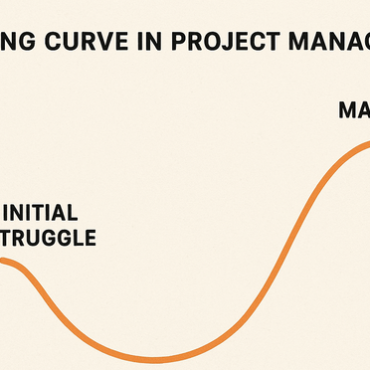Cloud Accounting

What is Cloud Accounting?
Cloud accounting involves a host of several remote servers having the business and financial models necessary to execute through online software application via the internet. This would enable the firm to operate free desktop installed apps in computers and rather use remote access. Firms having branches at several locations in addition to a different department within the firm can access the dame software version at a go. Writers who offer financial accounting assignment help at Edudorm essay writing service notes that there is a number of a significance of using the cloud accounting, you can be assured to obtain real-time reporting and prominence throughout the firm with greater optimization of mobile know-hows and teamwork as well. Consequently, cloud accounting has no doubt been revolutionary the fact that most business banes have been eliminated courtesy of the cloud computing (Cretella & Esposito, 2015).
Revolutionary through Cloud Accounting
For instance, cloud accounting means that there will be no more time wasting in upgrades being administered in desktops whilst installing the upgrade software. The larger files in the traditional way of accounting have been time consumers and with the advancement, it will mean that there will be no more data backup requirements. Similarly, files are bound to remain in real time, all through. At the same time, a firm will be accessing a file the bookkeeper will also access has he works on updating the books of accounts (Soliman, 2015). Experts who offer accounting assignment help at Edudorm essay writing service indicates that this will create a platform whereby the two parties can interact in real time based on the changes to be executed in the books, any question and clarification will be relied upon and dwelt in a one to one communication and for sure this will ease workflow (Cretella & Esposito, 2015). With a follow of the accounting body guidelines communication and trusted information can be exchanged without no hindrance or need to physically be available.
Data in the Cloud-Based Accounting
Data in the cloud-based accounting system allows you to upload data and view in real time as live feeds in at your comfort of your seat rather than visiting banks for the financial reports in your accounts. Quick Books intuit software allows you to spend much lesser time on administration, just a download of real-time data. Cloud accounting has more advantages in terms of workability and the significance it carries when executing accounting tasks (Soliman, 2015). Authors who offer business accounting assignment help at Edudorm essay writing service points that business entities are able to make a sound and better decisions, in this modern days business needs real-time information needs and which it has to be up to date. The fact that you can have access to your business accounting data from anywhere, from any device as long as you have the internet connection is a plus (Cretella & Esposito, 2015). Total mobility works well, especially when it concerns business which desires attention at that very minute of the day when the data is to be ratified.
Cloud Computing
Lastly, cloud computing is capable of offering flexibility and a better lifestyle, you can be able to view your business account balances, outstanding invoices, cash position and more whenever you got access to any hotspot. Tutors who offer cost accounting assignment help at Edudorm essay writing service acknowledges that this will allow you to amalgamate various business tasks within a short time, iPad or tablets devices could make you run your business if they can be able to store the cloud accounting applications. Business entities managers can have certainty over the financials and banking even when they are not available physically in the business. Notably, the charges for the cloud computing cost less compared to the other traditional option.
References
Di Cretella, G., & Esposito, A. (2015). Cloud portability and interoperability: Issues and current trends.
Soliman, F. (2015). Cloud systems in supply chains.


